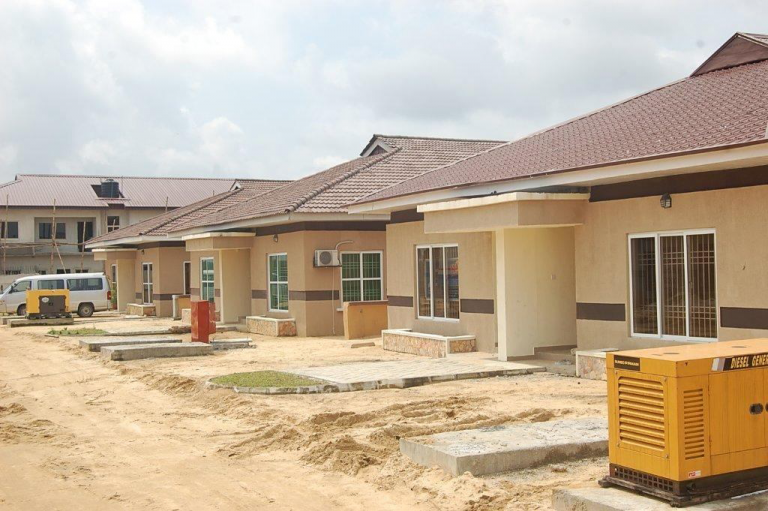
The real estate sector contributes between 30 to 70 percent of economic activities in the U.K, Canada and USA with investment in housing accounting for 15 to 35 percent of aggregate investment worldwide, creating jobs for about 10 percent of the global labour force.
In Nigeria, it accounts for only 3 percent of GDP. Nigeria has a housing deficit of 17 million houses with an estimated 1 million units needed annually to cater for its housing paralysis. Lack of affordable and accessible mortgage facilities have made home ownership elude millions of Nigerians.
The Land Use Decree enacted in 1978 which vests ownership of land under the sole control of state government for non resource land has not been reviewed 41 years later, while government policies on land and property acquisition have also discouraged huge investments to boost the sector.
Register for Tekedia Mini-MBA edition 19 (Feb 9 – May 2, 2026): big discounts for early bird.
Tekedia AI in Business Masterclass opens registrations.
Join Tekedia Capital Syndicate and co-invest in great global startups.
Register for Tekedia AI Lab: From Technical Design to Deployment (next edition begins Jan 24 2026).
Kaduna State Government in order to deepen access to affordable housing in the state passed the Mortgage and Foreclosure Law, and established Kaduna State Mortgage and Foreclosure Authority making it the first state in Nigeria to create a mechanism to resolve issue of default in the real estate industry. It is digitizing land documentation and titling to attract private sector investment.
Kaduna has established strategic partnerships with Sterling Bank to provide single digit interest mortgages to its citizens and Nigerian Mortgage Refinance Company as well as the Federal Mortgage Bank to jointly commit 3 billion naira for affordable mortgage.
These initiatives are aimed at enabling its citizens to buy houses and pay over 15 to 20 years with single digit interest rates.
Mixta Nigeria, a subsidiary of Pan African real estate developer Mixta Africa has introduced an innovative option to deepen home ownership for Nigerians. To save Nigerians the stress of buying land and due to financial constraints it is undeveloped after about four to five years, it is offering a buy home to rent policy which will give customers who would purchase homes from them and don’t wish to reside there an option of putting it for rent.
According to Kola Ashiru Balogun, CEO Mixta Nigeria once they get a commitment from an investor who buys into their scheme, they look out for tenant willing to rent the property and through this initiative in 2019, they have sold over a 100 units. Besides the returns on investment for the property owner, Mixta provides access to the National Housing Fund for anyone who buys into this initiative with only a down payment of 10 percent of the total value of the property required while the balance will be mortgaged and based on the number of years rent will be earned monthly by the landlord.
It has begun development of properties for the same value as the cost of land catering to different classes of people in Nigeria offering from 13.5 million naira for its Beachwood Park Estate in Lekki for a two bedroom terrace house, and 16 million naira for a three bedroom semi detached house, a game changer considering the average value of similar properties within that axis.
First Homes Africa, a startup wants to make it convenient for first time homeowners to own its 60,000 targeted apartments within four years through a rent to own policy that allows subscribers to save monthly for 15 months to own homes in any location of their choice.
It has created an ecosystem which comprises stakeholders in the housing sector value chain such as the government, insurance companies, property developers and builders, building materials manufacturers, and built environment professionals.
Utilizing technology tools such as cloud computing, big data, predictive analytics, artificial intelligence, mobile technology and social networks, it plans to redesign the housing industry by building houses to suite millennials eliminating the waste typically associated with housing design and development.
First Homes Africa should focus on delivering single room or self contained apartments at scale as there is a rising demand for this amongst its target market across the country due to low disposable income in Nigeria which has made young millennials prefer affordable housing options due to the harsh economic climate of the country. It should create a blockchain platform which will enable digital records of all its assets, home mortgages and payments, insurance for all parties in its network which will promote transparency and trust in delivering last mile home ownership for all Nigerians.



